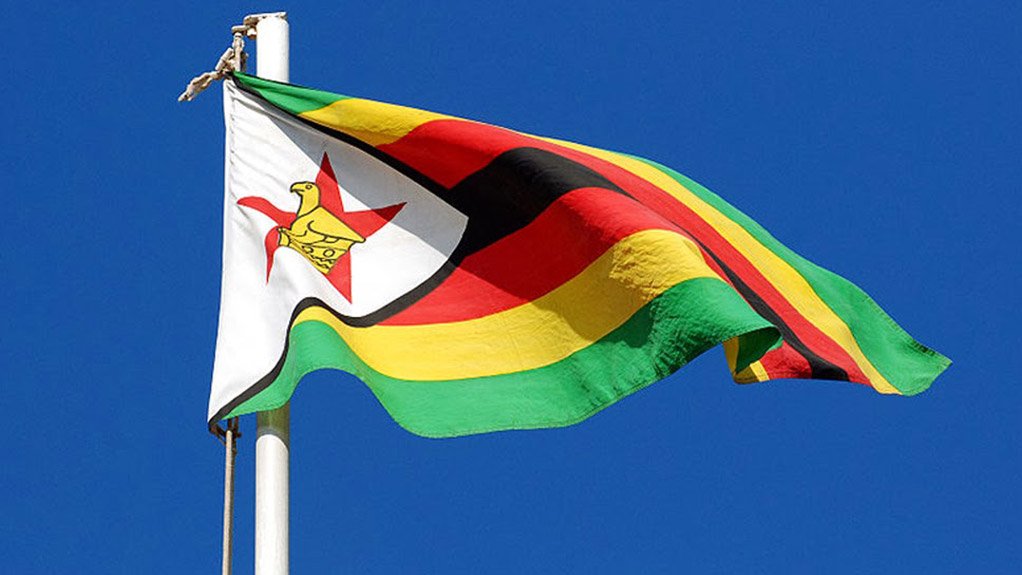US Department of State acting deputy assistant secretary in the Bureau of African Affairs David Gainer argued that Zimbabwe’s economic woes are not because of US sanctions, but because of the “gross mismanagement and corruption” of the Zimbabwean government and other actors for the past 20 years.
On Monday, US President Joe Biden signed an executive order that terminated the Zimbabwe sanctions programme, which had been in place since 2003. He determined that the Global Magnitsky sanctions programme – sometimes referred to as GloMag – was a more appropriate tool to address the current concerns in Zimbabwe.
Speaking at a digital press briefing on the transition of US sanctions tools in Zimbabwe, Gainer highlighted that the change of sanctions tools presented an opportunity for businesses and financial institutions to re-evaluate their de-risking models and re-examine the Zimbabwean market.
Following the termination of the Zimbabwe sanctions programme, the US Department of the Treasury announced Global Magnitsky designations on 14 Zimbabwean targets, including President Emmerson Mnangagwa, Vice President Constantino Chiwenga, and businessman Kudakwashe Tagwirei.
Gainer explained that the US sanctions limited their access to US financial institutions and restricted their travel.
“Zimbabwe’s economic woes are not caused by US sanctions. What US sanctions have done over the past 20 years is target individuals and limit their access to US financial institutions and restrict their travel. That’s all it’s done. The economic woes that have faced Zimbabwe over the past 20 years are because of the gross mismanagement by the Zimbabwean government of their economy, human rights abuses of its own people, as well as corrupt practices for the past 20 years. So we believe that is why Zimbabwe’s economy is performing as it is,” he said.
Senior advisor to the Office of Sanctions Coordination Brad Brooks-Rubin noted that the programme of action lay in the hands of the Zimbabwean government and the private sector, to enact necessary reforms and to ensure that key sectors of the economy that had been affected by corruption and human rights abuses were reformed and able to contribute to the growth of the country.
Meanwhile, Gainer said while US policy toward Zimbabwe had not changed, sanction tools had, noting that the US continued to have serious concerns about human rights abuses and corruption.
“…key individuals, including senior members of government, bear responsibility for these actions, which have siphoned off public resources and left countless citizens to live in fear. With the Global Magnitsky programme, we’ll better be able to promote accountability for persons who engage in that conduct in Zimbabwe,” he said.
He highlighted that the US would continue to urge the government of Zimbabwe to move towards more open and democratic governance, including addressing corruption, so all Zimbabweans could prosper.
He added that the move did not affect the Zimbabwe Democracy and Economic Recovery Act of 2001, also known as ZDERA.
EMAIL THIS ARTICLE SAVE THIS ARTICLE ARTICLE ENQUIRY
To subscribe email subscriptions@creamermedia.co.za or click here
To advertise email advertising@creamermedia.co.za or click here











